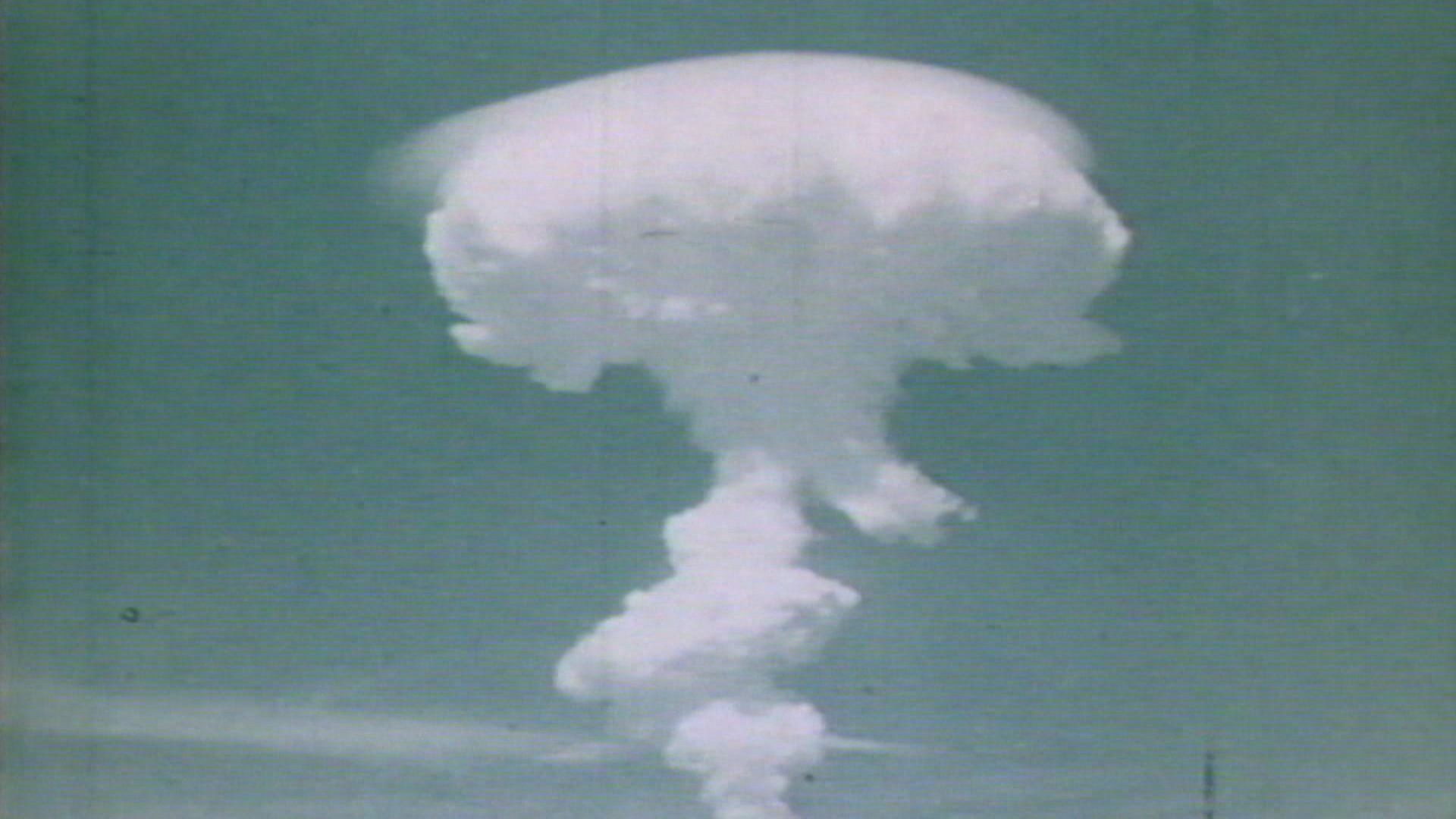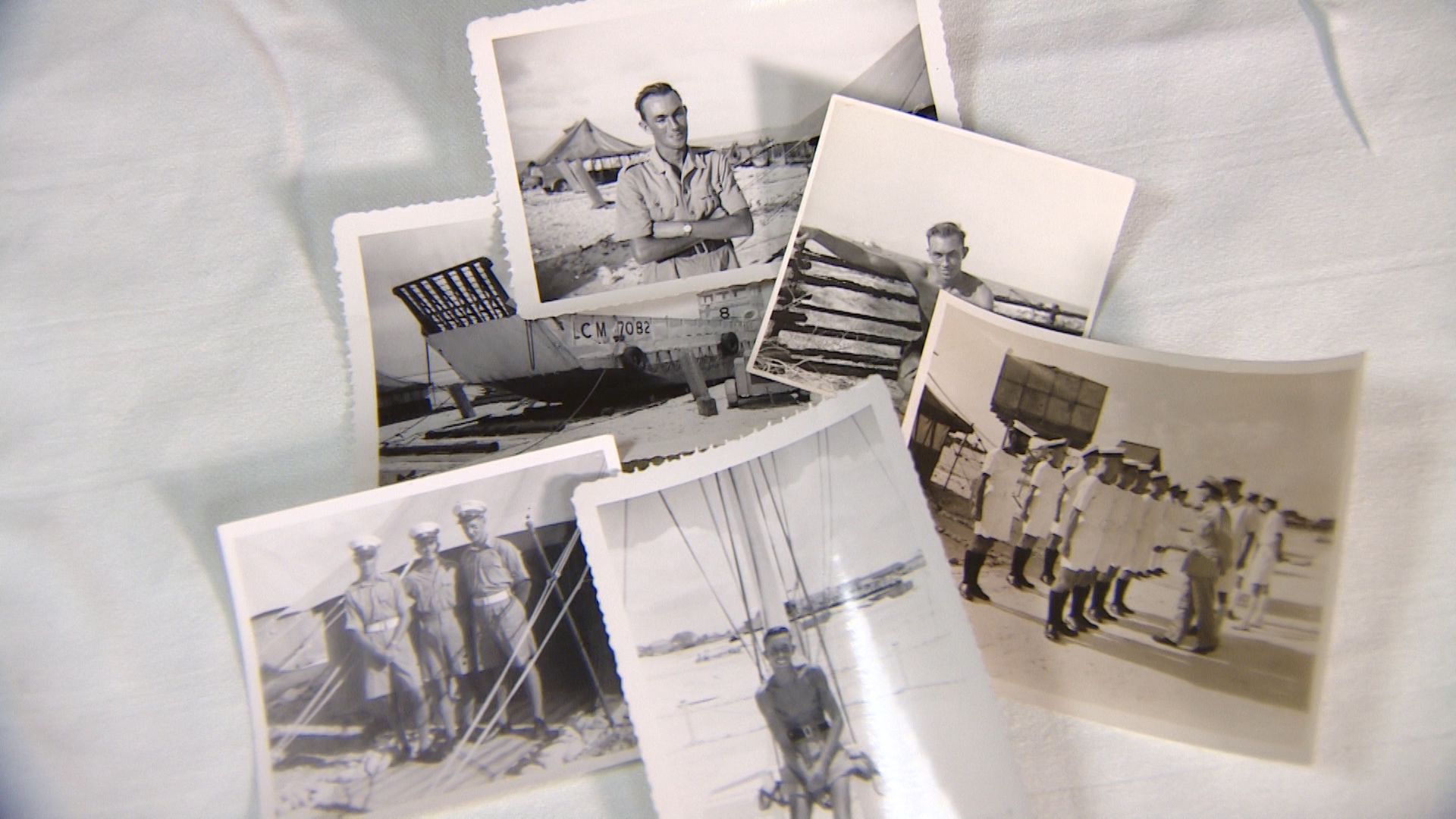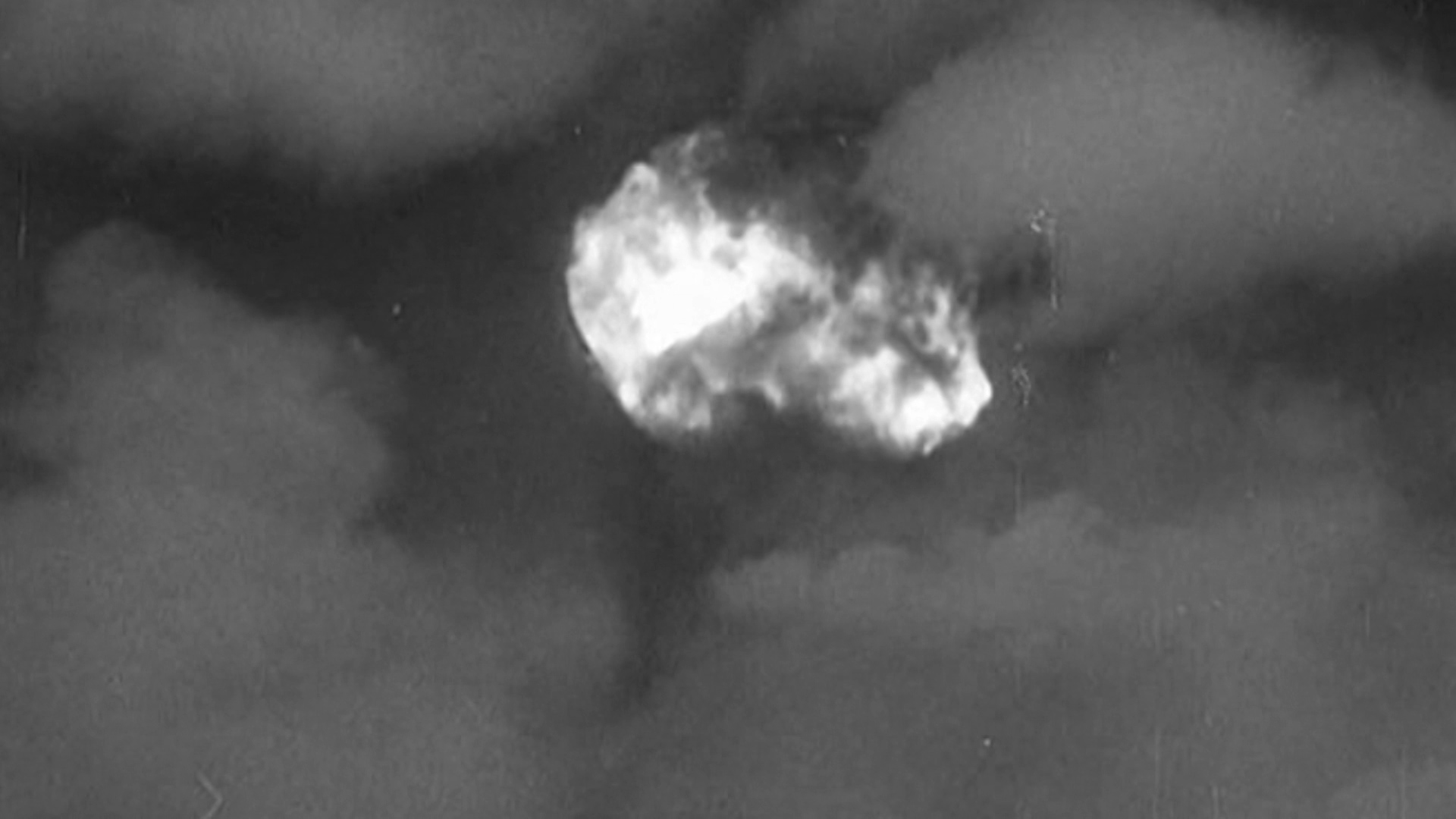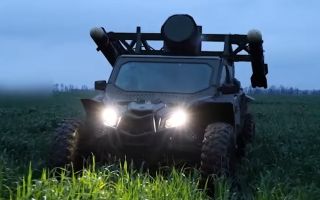Veteran Who Saw Atomic Bomb Tests Finally Receives MoD Compensation
A veteran who witnessed Britain’s atomic bomb tests in the 1950s is receiving compensation from the government after developing skin cancer.
It took 83-year-old Derek Mills 20 years before he realised he was eligible.
Despite paying out to Derek, the government says there is no proven link to increased levels of cancer in nuclear test veterans.
The former Royal Marine served on Christmas Island for 18 months and witnessed three atomic bomb tests.
When the explosions went off, the Marines were told to turn their backs.
"We used to go out in a little boat and pick up all the [irradiated] dead fish, and bring them back.
"What they did with the fish afterward, I have no idea."

Derek and his colleagues were also exposed to the sun, without any skin protection; they were even told to put cooking oil on their skin to toughen it up.
Derek’s cancer specialist, Kelly Almand-Chinn, says she sees many veterans like Derek:
"Certainly serving abroad with limited sun awareness and limited availability of sun creams will increase the chance of getting skin cancer.
"We definitely know that there's a link between UV exposure and skin cancer".
Derek only realised he could make a claim for compensation a few years ago.
Although the government says there’s no proven link between skin cancer and the nuclear tests, they took the conditions of his service into account, and have paid Derek £7,000 so far.
A MOD spokesperson said:
“We are grateful to all those who participated in the British nuclear testing programme which contributed towards keeping our country secure during the Cold War.
“We encourage any veteran who believes they have suffered due to service to apply for compensation.
“Other than what we have paid out for, we have seen no valid evidence to link these tests to ill health.”
“We have identified a possible increase in the risk of leukaemia in the first twenty-five years after presence at the tests, and have duly made awards under the War Pensions Scheme for this where appropriate.”

The nuclear test veterans’ group litigation was heard in the Supreme Court before seven Justices, who in March 2012 handed down a majority decision in favour of the MoD.
All seven recognised that the veterans would face great difficulty proving a causal link between illnesses suffered and attendance at the tests.
Any veteran who believes they have suffered ill health due to service has the right to apply for no-fault compensation under the War Pensions Scheme.
War Pensions are payable in respect of illness or injury as a result of service in HM Armed Forces before 6 April 2005, with the benefit of reasonable doubt always given to the claimant.
Decisions are medically certified and follow consideration of available service and medical evidence and carry full rights of appeal to an independent tribunal.
In response to the health concerns of some nuclear test veterans in the 1980s, the MoD commissioned an epidemiological study into mortality and cancer incidence among nuclear test participants.
This was conducted by the independent National Radiological Protection Board, now part of Public Health England.
Three analyses were carried out, and the latest report, published in 2003, concluded that overall levels of mortality and cancer incidence in nuclear test veterans have continued to be similar to those in a matched service control group and lower than in the general population.
These findings form the basis of War Pension Scheme policy on nuclear test veteran claims.
To Dereck, however, it's not all about the money:
"It doesn't really matter about the money. It's the recognition that we were the veterans who served at Christmas Island for the Atomic Bomb".










